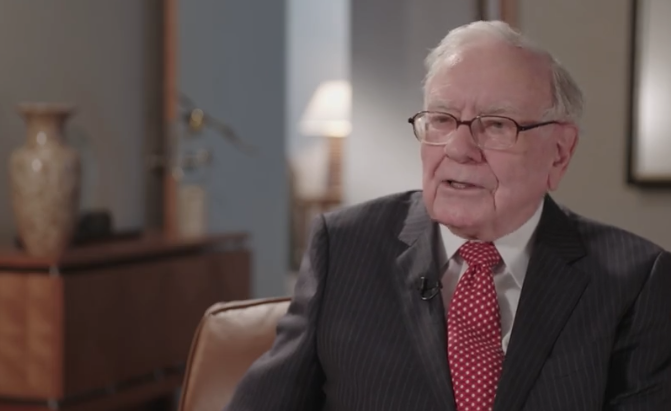S&P Dow Jones Indices, the “de facto scorekeeper of the active versus passive investing debate,” recently released its SPIVA U.S. Year-End 2017 report (see other reports here for Europe, Latin America, Canada, Australia, India, Japan, etc.).


Here’s an overview of the SPIVA Scorecard:
There is nothing novel about the index versus active debate. It has been a contentious subject for decades, and there are few strong believers on both sides, with the vast majority of market participants falling somewhere in between. Since its first publication 16 years ago, the SPIVA Scorecard has served as the de-facto-scorekeeper of the active versus passive debate. For more than a decade, we have heard passionate arguments from believers in both camps when headline numbers have deviated from their beliefs.
And here are some highlights of the 2017 SPIVA US Scorecard (bold added):
During the one-year period, the percentage of managers outperforming their respective benchmarks noticeably increased in categories like Mid-Cap Growth and Small-Cap Growth Funds, compared to results from six months prior. Over the one-year period, 63.08% of large-cap managers, 44.41% of mid-cap managers, and 47.70% of small-cap managers underperformed the S&P 500, the S&P MidCap 400, and the S&P SmallCap 600, respectively (see table above).
While results over the short term were favorable, the majority of active equity funds underperformed over the longer-term investment horizons. Over the five-year period, 84.23% of large-cap managers, 85.06% of mid-cap managers, and 91.17% of small-cap managers lagged their respective benchmarks (see table).
Similarly, over the 15-year investment horizon, 92.33% of large-cap managers, 94.81% of mid-cap managers, and 95.73% of small-cap managers failed to outperform on a relative basis (see red highlight in table).
MP: Stated differently, over the last 15 years from 2002 to 2017, only one in 13 large-cap managers, only one in 19 mid-cap managers, and one in 23 small-cap managers were able to outperform their benchmark index.

So it is possible for some active fund managers to “beat the market” over various time horizons, although there’s no guarantee that they will continue to do so in the future. And the percentage of active managers who do beat the market is usually pretty small – fewer than 8% in most of the cases above over the last 15 years; and they may not sustain that performance in the future. For many investors, the ability to invest in low-cost, passive, unmanaged index funds and outperform 92% of high-fee, highly paid, professional active fund managers seems like a no-brainer, especially considering it requires no research or time trying to find the active managers who beat the market in the past and might do so in the future.
Here’s an analogy, perhaps it’s not perfect: Suppose you could be guaranteed to score in the 95th percentile on the LSAT, MCAT, GRE, or GMAT exam without studying for even one minute. Wouldn’t that be appealing to most people compared to the alternative of spending a lot of time studying and probably getting a lower score?
If I can out-perform 95% of active managers with a Vanguard or Fidelity index fund for almost free (.04% expense ratio), that choice to me seems easy: go with index investing. As Bethany McLean wrote in Fortune “Building a portfolio around index funds isn’t really settling for the average. It’s just refusing to believe in magic.”
Here’s a golf analogy from Burton Malkiel:
It’s true that when you buy an index fund, you give up the chance to boast at the golf course that you picked the best performing stock or mutual fund. That’s why some critics claim that indexing relegates your results to mediocrity. In fact, you are virtually guaranteed to do better than average. It’s like going out on the golf course and shooting every round at par. How many golfers can do better than that? Index funds provide a simple low-cost solution to your investing problems.
And extending the index investing-golf analogy, you can be a “scratch golfer” without even having to practice, buy expensive golf clubs, or take lessons from pros, and you also get the additional benefit of paying much lower green fees (or private club fees) than most golfers who do practice incessantly, invest in the best golf equipment and take private lessons!








